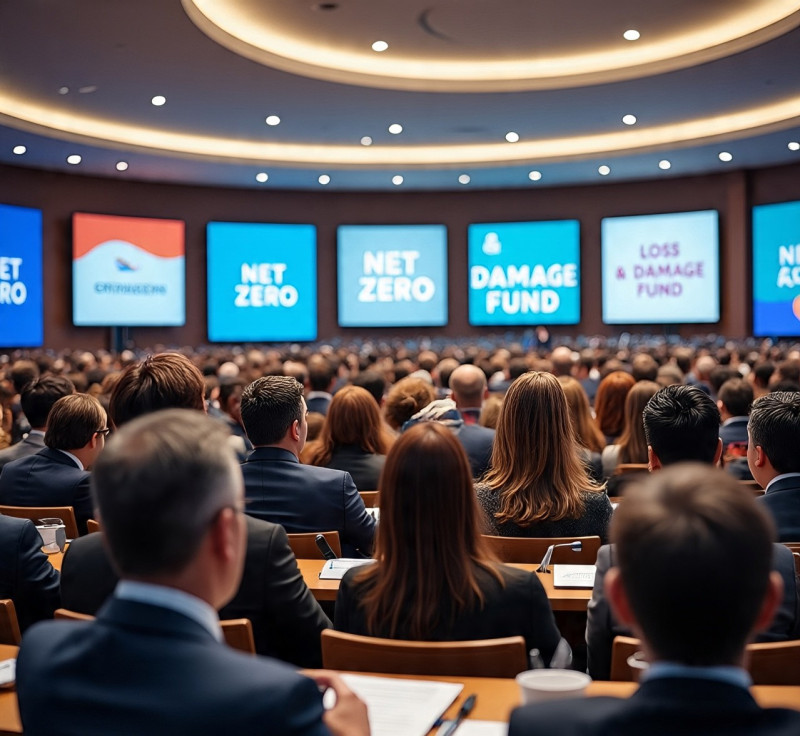A Climate Turning Point or More Talk?
The recently concluded COP28 summit in Dubai drew international attention with bold declarations and long-overdue acknowledgments. For the first time, global leaders collectively agreed to transition away from fossil fuels, marking a symbolic shift in the climate narrative.
While the summit aimed high with calls to triple global renewable energy capacity and double energy efficiency by 2030, questions remain: Will countries follow through? Will financing reach the nations that need it most?
What Did COP28 Deliver?
-
Launch of the Loss and Damage Fund: Designed to help vulnerable nations cope with climate disasters, the fund is now active with early pledges.
-
Green Credit Framework: India introduced a unique initiative that rewards eco-positive actions like tree planting, wetland restoration, and organic farming.
-
Global Renewables Push: A goal to triple clean energy output by 2030 was widely endorsed, with India already moving toward massive solar and wind expansion.
India’s Firm Yet Balanced Stance
India played a key role in shaping COP28 discussions. While welcoming global commitments, Indian negotiators stood firm on:
-
Equity and climate justice: India reiterated that developed countries must lead the way in emission cuts and financing.
-
Balanced fossil fuel approach: Rather than a full fossil fuel “phase-out,” India supported a gradual, realistic “phase-down”—especially for coal, still vital to its energy needs.
-
Bid to host COP33 in 2028: India expressed willingness to host a future climate summit, signaling global leadership ambitions.
What’s Holding the World Back?
Despite the optimism, the summit exposed deep divides:
| Challenge | What It Means |
|---|---|
| Lack of binding targets | Many pledges are voluntary, without enforcement mechanisms. |
| Inadequate finance | Climate action in developing nations still lacks proper funding. |
| Fossil fuel lobbying | Major oil-producing countries continue to dilute key outcomes. |
India’s Next Steps
India is expected to:
-
Scale up its solar, wind, hydro, and nuclear energy mix
-
Push for climate-resilient agriculture and water systems
-
Leverage climate finance and green credits to benefit rural communities
-
Continue being a spokesperson for the Global South in global negotiations
COP28 marks a diplomatic win for climate action, but the real test lies in implementation. India’s approach—realistic, rooted in equity, and forward-looking—could set a new template for emerging economies balancing development with sustainability.
At NewsBuddy, we will keep tracking how promises made at Dubai evolve into policies that affect lives, livelihoods, and our planet’s future.



